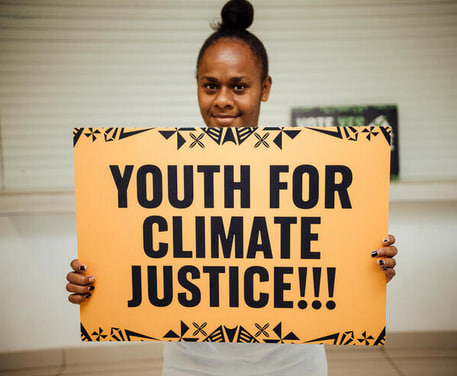Giving International Court of Justice a say could make climate-related processes more justice-oriented
Can countries be sued under international law for failing to avert climate emergencies? On Wednesday, the UN General Assembly (UNGA) asked the International Court of Justice to weigh-in on the issue. That the resolution , sponsored by the small Pacific island nation, Vanuatu, was adopted unanimously by the UNGA testifies to the global consensus on the climate crisis. But it also reflects the frustration of the international community — especially of small island countries, many of whom face an existential threat — with the procedures of the global climate agencies, particularly the UNFCCC. Their deliberations often end-up in compromises that delay climate action. The Hague-based court’s opinion will not be binding but its pronouncements carry moral weight . The advisory could set the stage for countries incorporating climate justice in their legal frameworks — akin , for instance , to the way the UN Declaration of Human Rights has found resonance in statute books across the world. As the resolution pointed out, “it will provide clarity to states on their obligations under international law to protect their people, now and in the future, from climate impacts”.
This is not the first time that climate change has been taken up at a non-environmental UN forum. Global warming has been part of the UN Security Council’s agenda since 2007. From time to time in the past 15 years, the UNSC has tried to frame the issue from a security standpoint , instead of looking at it from only a developmental or environmental perspective . But developing countries, including India and China, have rightly resisted the securitisation of climate change. Its use of the vocabulary of rights and justice has given the Vanuatu-sponsored proposal more traction . The initiative’s success should also be seen in the backdrop of countries asserting their right to reparations after climate emergencies — Pakistan after last year’s floods, for instance. Holding individual countries or governments to account for their climate inaction will, however, pose challenges. The issue has been a major stumbling block at several climate meets. The Paris Agreement has a clause specifying that the pact “does not involve or provide a basis for any liability or compensation ” — it was inserted under pressure from US diplomats . American support for the UNGA resolution was, reportedly , a reluctant one.
The UNGA’s intervention should not detract from the task of reforming the UNFCCC. The institutions of the umbrella climate agency need to be more equity-sensitive and justice-oriented . Engaging with the ICJ could push it towards this direction. The UNFCCC will, however, require much more initiative from its wealthier members.
